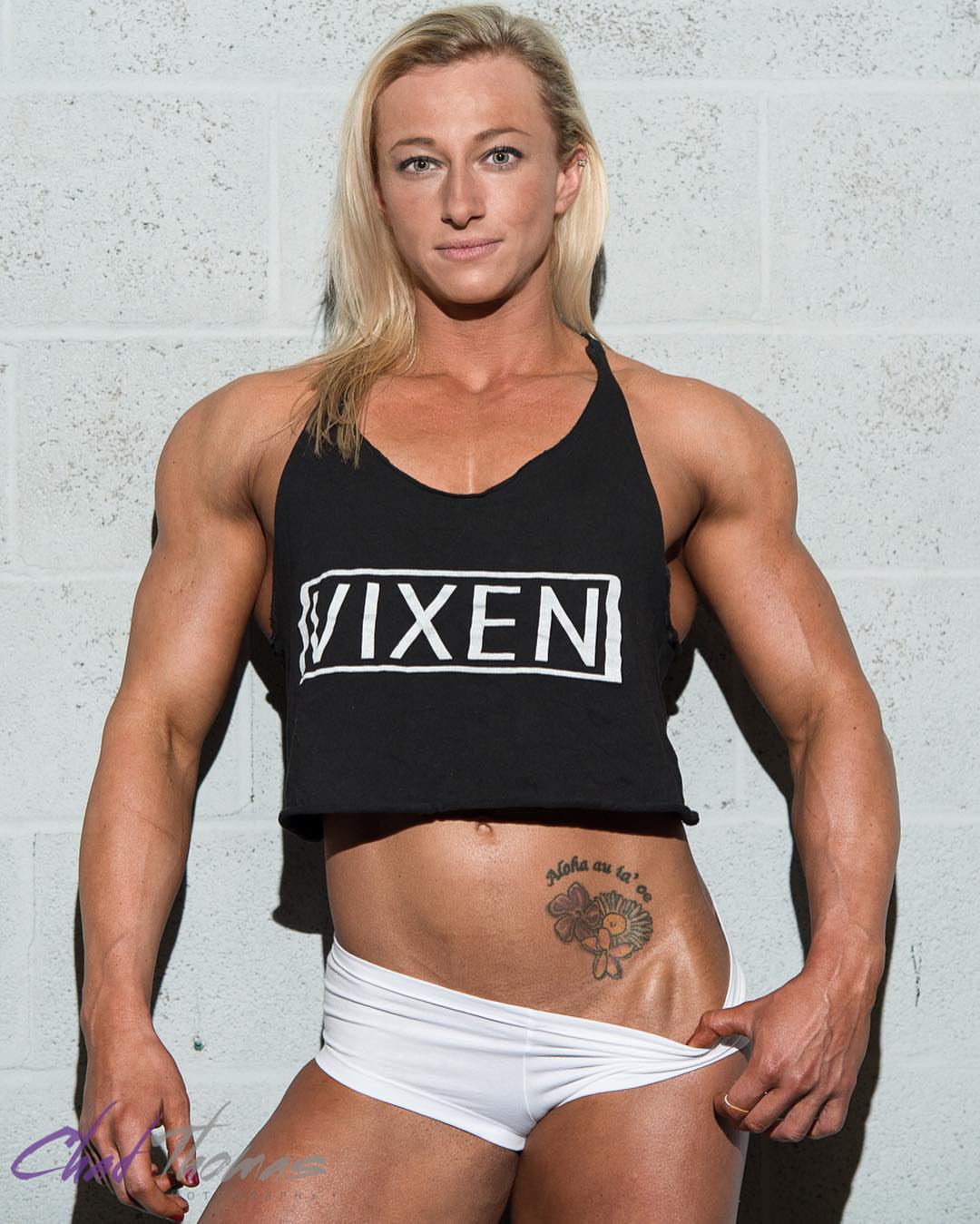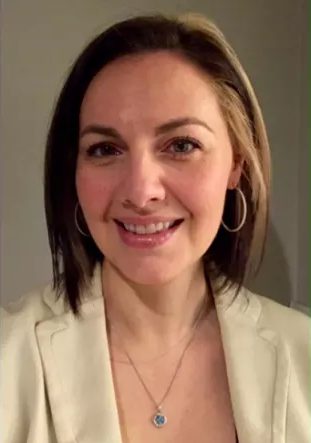


A majority of both residents (59.6%) and PDs/interviewers (54.5%) supported conducting interviews virtually in the future.Ĭonclusion: This study provides suggestions on how to improve the virtual interview process for the next iteration, and highlights the impact COVID-19 has had on IM residents during the subspecialty match process. Weaknesses of virtual interviews included decreased ability to connect personally and informally, and inability to tour medical facilities and cities. Strengths of virtual interviews included reduced cost, stress, risk of COVID-19 infection, and more environmental friendliness. Results: 62 PGY-3 IM residents, 59 PDs, and 113 interviewers responded to the survey with representation from almost all Canadian medical faculties and medical subspecialties. Qualitative data were open-coded thematically and quantitative data were cleaned and then statistically analysed. The anonymous survey was distributed after the submission of the rank order lists, such that participation would not affect residency match outcomes. Methods: We invited all Canadian third-year (PGY-3) IM residents, subspecialty PDs, and interviewers who participated in subspecialty medicine interviews in 2020 to complete a branching survey. This study explored the perceptions and experiences of IM residents, subspecialty program directors (PDs), and interviewers during this year’s virtual interviews.

It is critical to improve the virtual interview process to provide the best experience, and thus match outcome, for both residents and programs. Introduction: Due to the coronavirus disease 2019 (COVID-19) pandemic, all interviews for internal medicine (IM) subspecialty programs were conducted virtually for the first time across Canada.


 0 kommentar(er)
0 kommentar(er)
